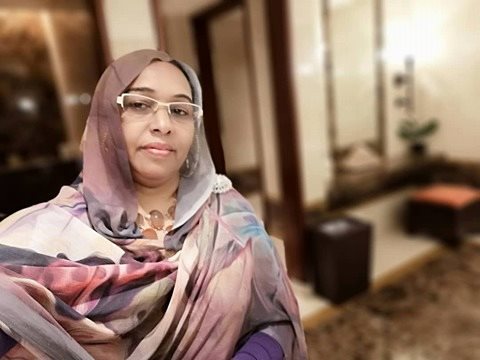
Khartoum: Amani Suleiman
That who engages himself with the addiction treatment file in Sudan ,reveals that Sudanese society faces a dangerous brink threatening its peaceful path specially when viewing the increasing rates of addiction among young people, which calls for intensive efforts by all members of society to stop this immanent catastrophe that may form a serious obstacle to all spheres of development and progress, especially with the unaffordable rise in The cost of addiction treatment which is (1250) pounds per day for a person , so forms a barrier for addicts in the way of their treatment.
In the absence of centers for addiction treatment in Sudan for free, and despite the period specified by the treatment protocol for (6) months in order to reach the maximum levels of recovery, (98%) of people in addiction treatment centers in Sudan do not spend more than (45) days on treatment , due to their inability to Fulfill the high cost of treatment, as well as the scarcity of an addiction treatment specialists, as existing and expensive centers depend on psychologists and are considered to be less than the number required in comparison with number of addicts .
In the midst of this uncertainties, the Canadian Chancellor of Sudanese origin, Dr. Lubna Ali Mohamed Abdul Rahman acts in collaboration with other equivalent entities an initiative to treat addiction for free, in the context of social responsibility.
The idea developed into an institution that she called “Bit Makali for Addiction Treatment” before the she headed the Arab-African-Islamic Network for Treatment and Challenges of Addiction Treatment.
Despite the number of obstacles Lubna faced that stood in way of executing The initiative’s goals, she did not give up. She steadfastly made her way towards the goal until her efforts were crowned with successes, which brought the center under the focus of similar regional organizations.
Lubna says: “The situation of the addiction treatment protocol in Sudan is largely catastrophic. Those who do not have money die in overdose or do not recover as healthy persons and spend their lives addicted”. She went on to say “The cost of treatment exceeds the capabilities of more than (98%) of addicts who are looking for a way to quit substance abuse so their desires are defeated. ”
Lubna, who attracted organizations of common interest to support the project to secure addiction treatment in Sudan, believes that the risks are represented by the shallowness of the culture of preventing failures in the solution to addiction, as most of the victims are displaced persons from war zones. Lubna went on saying , “The state in the past was not exposed to such situations and even does not pay these projects any regard .
The evidence is that there is no free treatment center now existing while most of the capitalists we target for the project do not believe in the idea, as well as the failure of the international organizations to fulfill their obligations regarding treatment projects.
The organization has a positive impact in supporting projects that it undertakes in preparing a system to support addiction treatment and other activities, and awareness campaigns in societies at risk of addiction. The organization also presented a paper at the Human Rights Conference in Geneva in March and the establishment of the second international conference in the presence of 43 Sudanese foreign experts and now for the Foundation Center for Studies and Research.















